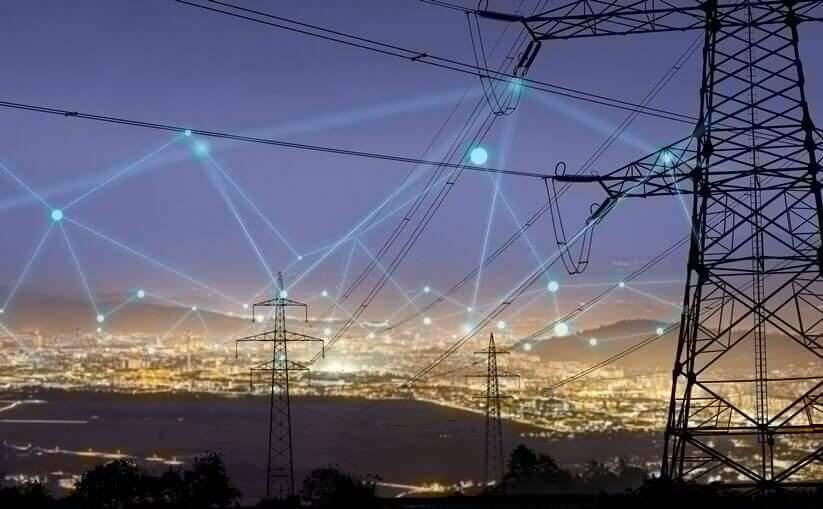Instead of going to school, they take to the streets, even in Saarland. In the meantime, every county has a Fridays for Future group to demand the fight against climate change. One measure is the complete energy turnaround, the switch from nuclear energy and fossil fuels such as oil to renewable energy. But to achieve this, the entire value chain of the energy industry must change drastically, which in particular requires the sophisticated use of information technology.
“Smart Energy” is therefore the collective term for so-called intelligent technologies that enable the generation, storage and transmission of energy and control its consumption. The opportunities are obvious, but what conditions must be created and what dangers must be avoided?
“Smart Energy – What role does computer science play” is therefore the overarching question of the 14th IT theme evening on 6 May, starting at 5:30 p.m., at the German Research Center for Artificial Intelligence (DFKI).
It will be answered by researchers from the Department of Computer Science at Saarland University, the Hochschule für Technik und Wirtschaft and the German Research Center for Artificial Intelligence.
Program
17:30
Welcome and Moderation
Sabine Betzholz-Clüter
saarland.innovation&location e.V.
17:40
Energy turnaround and more: Cyber-physical systems
Professor Holger Hermanns, Saarland University
Cyber-physical systems form the basis for numerous applications, ranging from age-appropriate assistance systems to intelligent power grids. This poses a number of challenges for information technology.
18:20
Mastering the energy revolution with software
Professor Michael Igel, htw saar
Fluctuating power generation and fluctuating power consumption require the use of information technology. It will be shown how software tools change the work of power grid engineers and enable the conversion of power grids.
18:40
Forecasting services in the context of the energy turnaround
Alassane Ndiaye, German Research Center for Artificial Intelligence (DFKI)
What decisions do utilities need to make, and when, to ensure grid stability, profitability and customer satisfaction? Intelligent systems capable of forecasting load profiles, feed-in capacities and grid control can make an important contribution to all these questions, which form the core aspects of energy system transformation. This lecture will show how such value-added services are determined and implemented on the basis of weather forecasts, historical energy and weather data.
Following
Drink in a relaxed atmosphere
Image: urbans78

